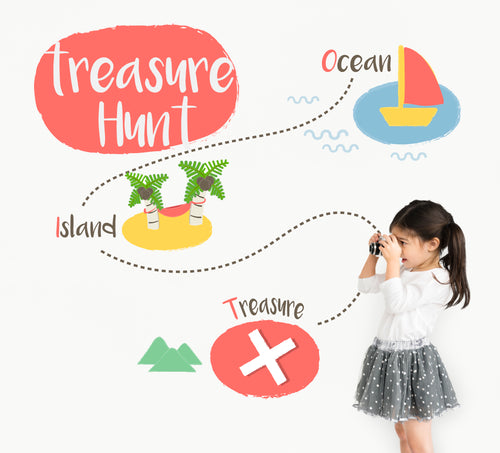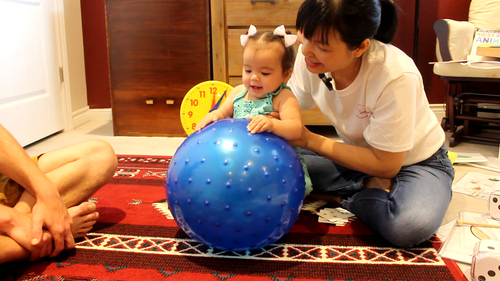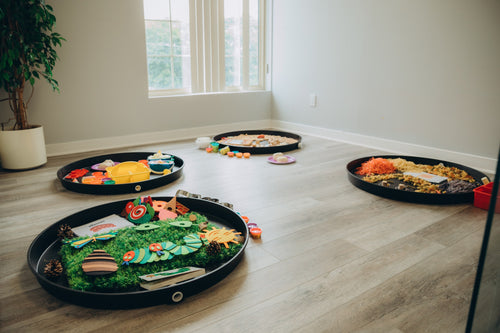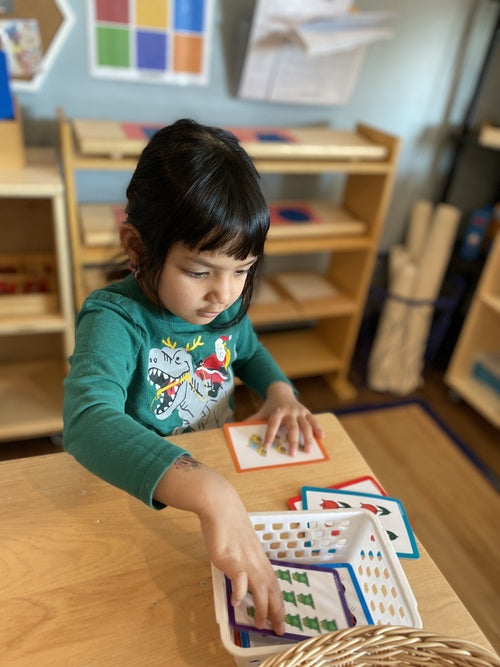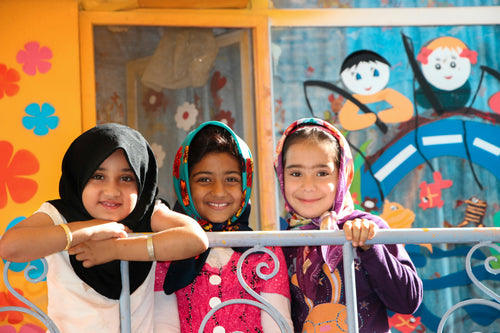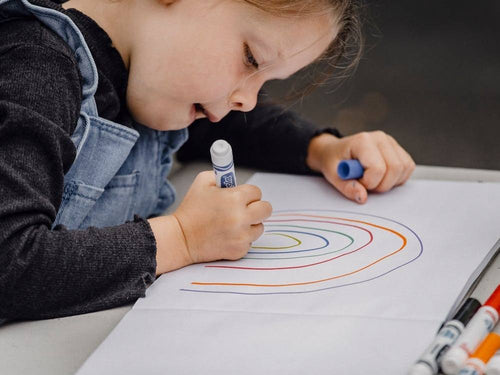Navigating the journey of parenthood is both an exhilarating and challenging adventure. As a first-time parents or single mom, you hold the key to your child’s early education and brain development. These formative years are crucial, and the right parental guidance can set the stage for a lifetime of learning and growth. This article will provide you with top tips to support your child's early education and brain development, ensuring a strong foundation for their future.
Understanding Early Education and Brain Development
Early education is not just about formal schooling; it encompasses all the learning experiences a child has from birth to age eight. These experiences shape their cognitive, emotional, and social development. Children's brain development during the early years is a rapid and transformative process. During these early years, a child's brain is incredibly receptive, forming millions of neural connections at an astonishing rate. This period is critical as experiences, interactions, and environmental factors significantly influence brain structure and function, impacting a child's lifelong learning and development. This is why parental guidance is paramount during this period. Follow these tips below can help your journey easier and don't forget subcribe Smartizen for more useful tips.
Play is key for brain development
One of the most effective ways to foster early education and brain development is through play. Play is not just about fun; it’s a vital part of learning. Here’s how different types of play can benefit your child:
- Physical Play: Activities like running, jumping, and climbing help develop motor skills and coordination. They also contribute to healthy brain development by increasing blood flow and oxygen to the brain.
- Social Play: Interacting with other children teaches important social skills such as sharing, empathy, and cooperation. These interactions also stimulate the brain’s social and emotional development.
- Constructive Play: Building with blocks or drawing allows children to experiment and solve problems, enhancing their cognitive abilities.
- RolePlay: Engaging in imaginative play helps children understand the world around them and develops their creativity and language skills.

Reading Together to create bonding
Reading to your child from an early age is one of the most powerful tools for brain development. It not only helps with language acquisition but also strengthens the parent-child bond. Here are some tips to make your reading time with your children more fun and delighted:
Start Early: Many parents assumed that, infants can't read so they abandon this golden time. Begin reading to your kids since infancy is a great way to create the connection. The rhythm and melody of your voice can be soothing and stimulating for newborns.
Be Interactive: Ask questions about the story, point out pictures, and encourage your child to predict what happens next. This interaction promotes critical thinking and comprehension skills.
Create a Routine: Make reading a daily habit. Whether it’s a bedtime story or a mid-day reading session, consistency is key.
Encouraging Curiosity for your children
Curiosity is a born-with characteristic of a child, children were nurtured curiosity can lead to a lifelong love of learning. Most parents received this advice when looking for parental guidance: “Encourage your child's inquisitive nature, and let them satisfy with their curiosity”:
Provide a Stimulating Environment: Fill your home with books, educational toys, and art supplies. Create a space where your child feels free to explore and discover.
Answer Questions Thoughtfully: When your child asks questions, provide clear and thoughtful answers. If you don’t know the answer, you can offer them to research it together. This shows your child that learning is a continuous process.
Encourage Exploration: Take your child on nature walks, visits to museums, or trips to the library. These experiences expand their knowledge and stimulate brain development.
Don’t forget nutrition for brain Health
A balanced diet is crucial for brain development. Ensure your child gets the necessary nutrients by incorporating a variety of foods into their diet:
Healthy Fats: Essential for brain development. Some plant-based sources like avocados, nuts, seeds are better for both your kids and the environment.
Proteins: Important for growth and brain function. Provide lean meats, beans, eggs, and dairy products.
Vitamins and Minerals: Fruits and vegetables are rich in vitamins and minerals essential for brain health. You can prepare a lot of fruits with colorful variety to cover a broad spectrum of nutrients.
Hydration: Don't forget to encourage your child to drink enough water per day. Dehydration can negatively impact concentration and cognitive function.
The Role of Technology
In today’s digital age, technology can be a valuable tool for early education if used wisely. Take a note in your parental guidance, here are some guidelines to ensure technology benefits your child's development:
Educational Apps and Programs: Choose apps and programs that are educational and age-appropriate. Look for ones that encourage creativity, problem-solving, and learning.
Limit Screen Time: Balance is essential. Ensure that screen time does not replace physical play, social interaction, or other crucial activities.
Co-Viewing and Interaction: Engage with your child during screen time. Discuss what they are watching or playing, ask questions, and encourage critical thinking.
Building Emotional Intelligence
Emotional intelligence is as important as cognitive development. It helps children manage their emotions, develop empathy, and build strong relationships. Here are 3 tips that you can support more for your child's emotional growth:
Model Positive Behavior: Children learn by observing. Show your empathy, kindness, and effective communication in your interactions. Children will be a parent's mirror.
Teach Emotion Regulation: Help your child understand and manage their emotions. Techniques like deep breathing, counting to ten, or talking about their feelings can be beneficial.
Encourage Social Interaction: Create opportunities for your children to interact with others with the same age. Playdates, group activities, and family gatherings help develop social skills.
Involvement of Parental guidance
Your involvement in your child's education is crucial. Here’s how you can be an active participant in their learning journey:
Stay Informed: Keep up-to-date with your child’s progress and the curriculum they are following. Attend parent-teacher meetings and communicate regularly with educators.
Support Learning at Home: Create a conducive learning environment at home. Set aside time for homework and provide the necessary resources and support.
Celebrate Achievements: Recognize and celebrate your child's achievements, no matter how small. This boosts their confidence and motivation to learn.

Smartizen - Your Partner in Early Education
As a first-time parents or single mom, you are your child's first and most important teacher. By providing the right guidance and support, you can help them thrive in their early years and beyond. Remember, early education is not about pressure or perfection; it’s about nurturing a love for learning and creating a supportive environment for your child's growth.
At Smartizen, we understand the challenges and joys of parenthood. Our educational resources and tools are designed to support you and your child on this incredible journey. Together, we can build a bright future for your little one, filled with endless possibilities and opportunities for success. Embrace the adventure of early education with confidence, knowing that Smartizen is here to guide you every step of the way.
Connect with us in Smartizen community for more parental guidance and science-based methods to grow your children with full potential.


